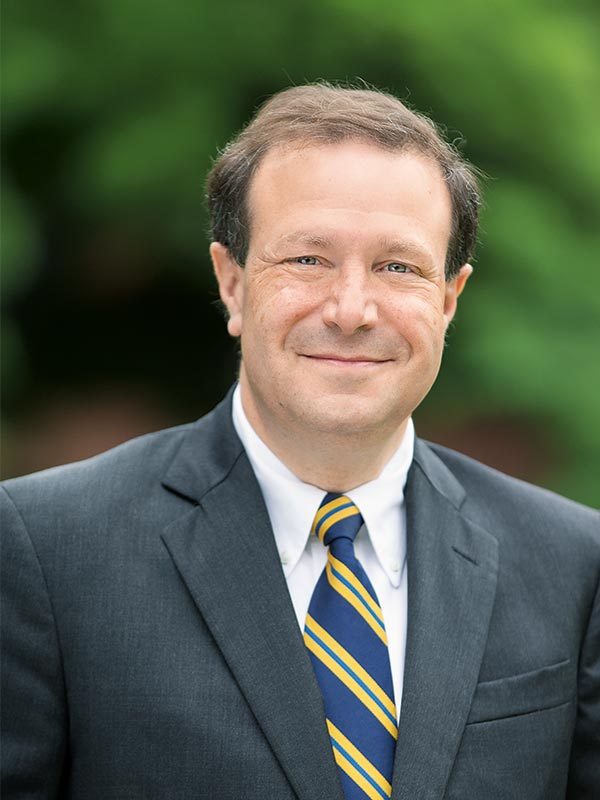
You’re likely to find backhoes and construction workers on the Carleton campus every summer. But this year we’re particularly busy as we begin to implement the first phase of the Utilities Master Plan (go.carleton.edu/geothermal), approved by the trustees this past fall.
For the past 100 years, Carleton has been using steam to heat and cool its buildings. The steam is produced in boilers in the facilities building across from West Gym and moved across campus through underground ducts. Energy experts and our facilities team all agree that while some version of water-based heat delivery is still the best option for Carleton, by switching to a low-temperature hot water (LTHW) system, which uses 120-degree water instead of steam, we will use less energy and no longer have to maintain obsolete steam-generating equipment. Our new system will be compatible with a variety of renewable energies, so we can also incorporate solar, wind, and geothermal energy to heat water that, in turn, will power our campus. Very importantly, these changes will allow Carleton to further reduce its carbon footprint, and bring us closer to carbon neutrality by 2050, a goal we set in the 2011 Climate Action Plan.
In late June, we began digging geothermal wells in the quadrangle between Nourse and Myers. More wells will follow next year under the Bald Spot and Bell Field. These wells will integrate with a new LTHW system in a subbasement geothermal plant in Carleton’s new science building.
At nearly $38 million, the cost for the combined LTHW and geothermal project is substantial, but the Board of Trustees, my leadership team, the college community, and I are convinced that this is a wise, necessary, and forward-looking investment. Thanks to energy and personnel savings, the project will pay for itself in 15 to 20 years. Beyond the cost savings, however, is the longer-lasting positive impact on the environment.
The LTHW system is just one of many sustainability efforts happening at Carleton. Our dedication to responsible environmental stewardship has three central components: educating students on environmental issues across the breadth of the curriculum; faculty research and scholarship on a host of environmental topics; and, at a more pragmatic level, managing the college’s impact as both a user and a producer of energy.
Consistent with Carleton’s mission, we approach environmental matters from an academic point of view. We seek to expand and share knowledge that will be used by our graduates and faculty members in ways they deem best to protect our planet and promote well-being.
Let me offer a few observations on our approach to environmental stewardship. First, it is essential that Carleton provide students with the knowledge, intellectual tools, and experiences they need to understand the complexity and consequences of human interaction with the environment. Such education obviously takes place in many science courses, but also in social science and in humanities classes. In the future, professors will take students to the new geothermal plant to observe and study how we utilize geothermal energy on campus.
Second, Carleton faculty members are researching environmental issues such as causes and impact of climate change, solar water splitting, new catalysts for energy conservation, and development of environmentally friendly stoves. It’s exciting to imagine the applications of their scholarship.
And finally, our Utilities Master Plan is helping Carleton be a smarter and more environmentally astute producer and consumer of energy. We thoughtfully and regularly consider Carleton’s role as an environmental actor, and that effort is reflected in the Climate Action Plan. At its core, our plan emphasizes the essential role Carleton’s faculty and staff members and students play in using the knowledge they gain here to support the health and well-being of our planet. I am excited to see new ideas emerge from their boundless curiosity, dedication, and innovation.
I’m proud of what we have achieved already in tackling the challenges of sustainability and environmental stewardship, and I look forward to reporting even more progress in the years to come.
Learn more about Carleton’s environmental stewardship efforts and the Climate Action Plan.